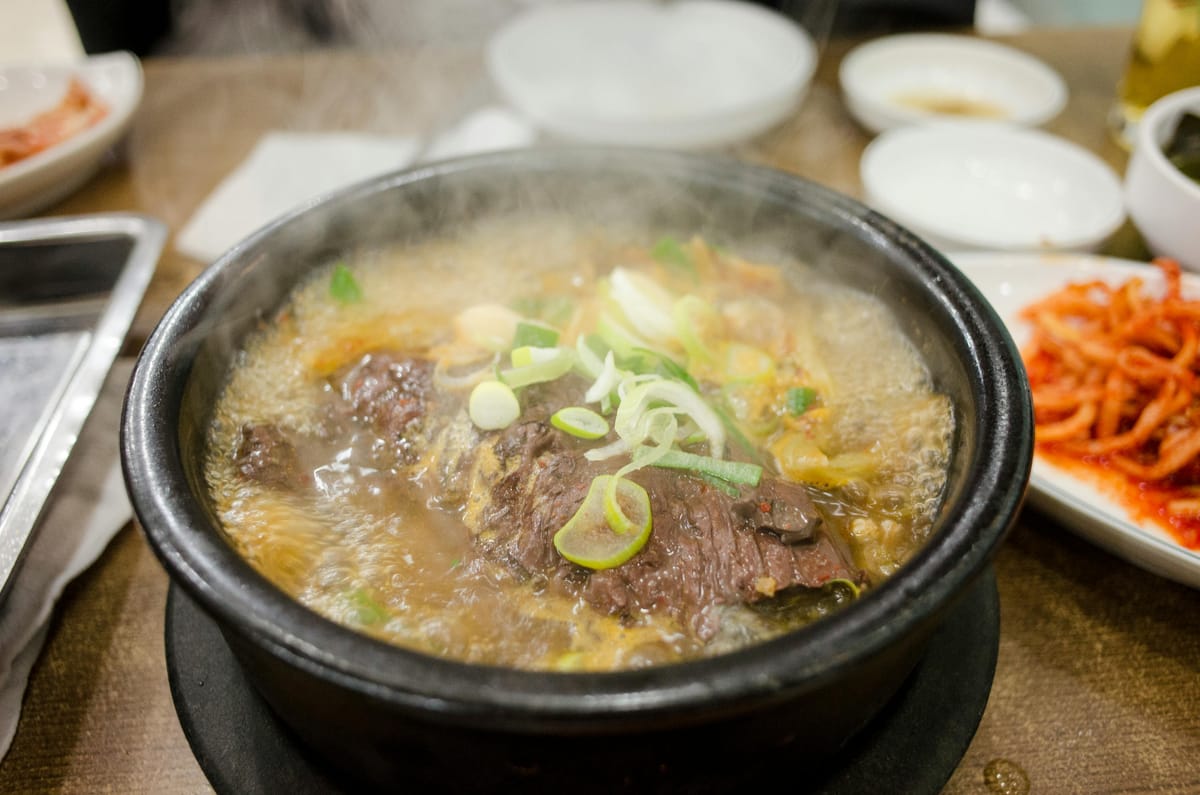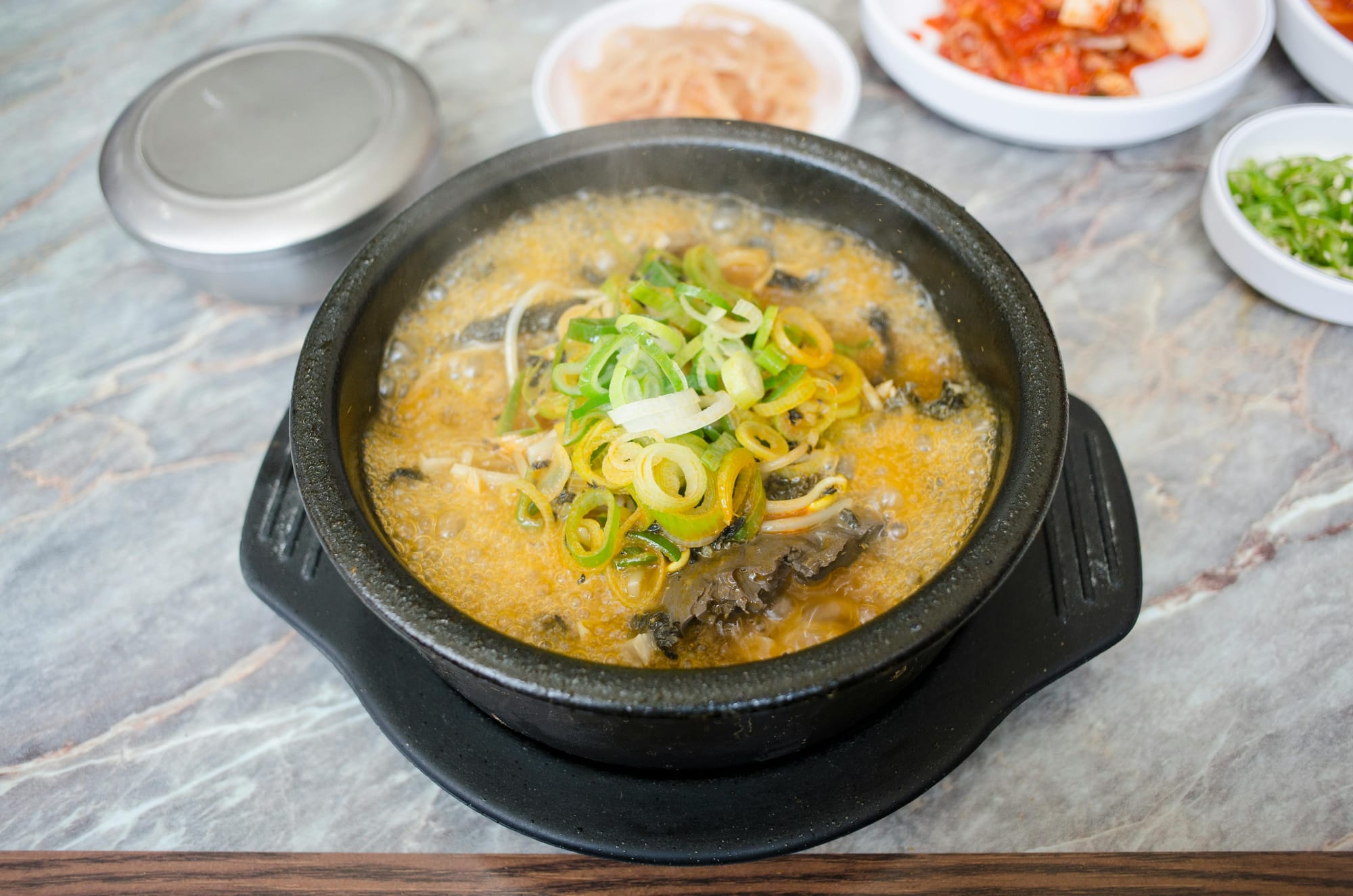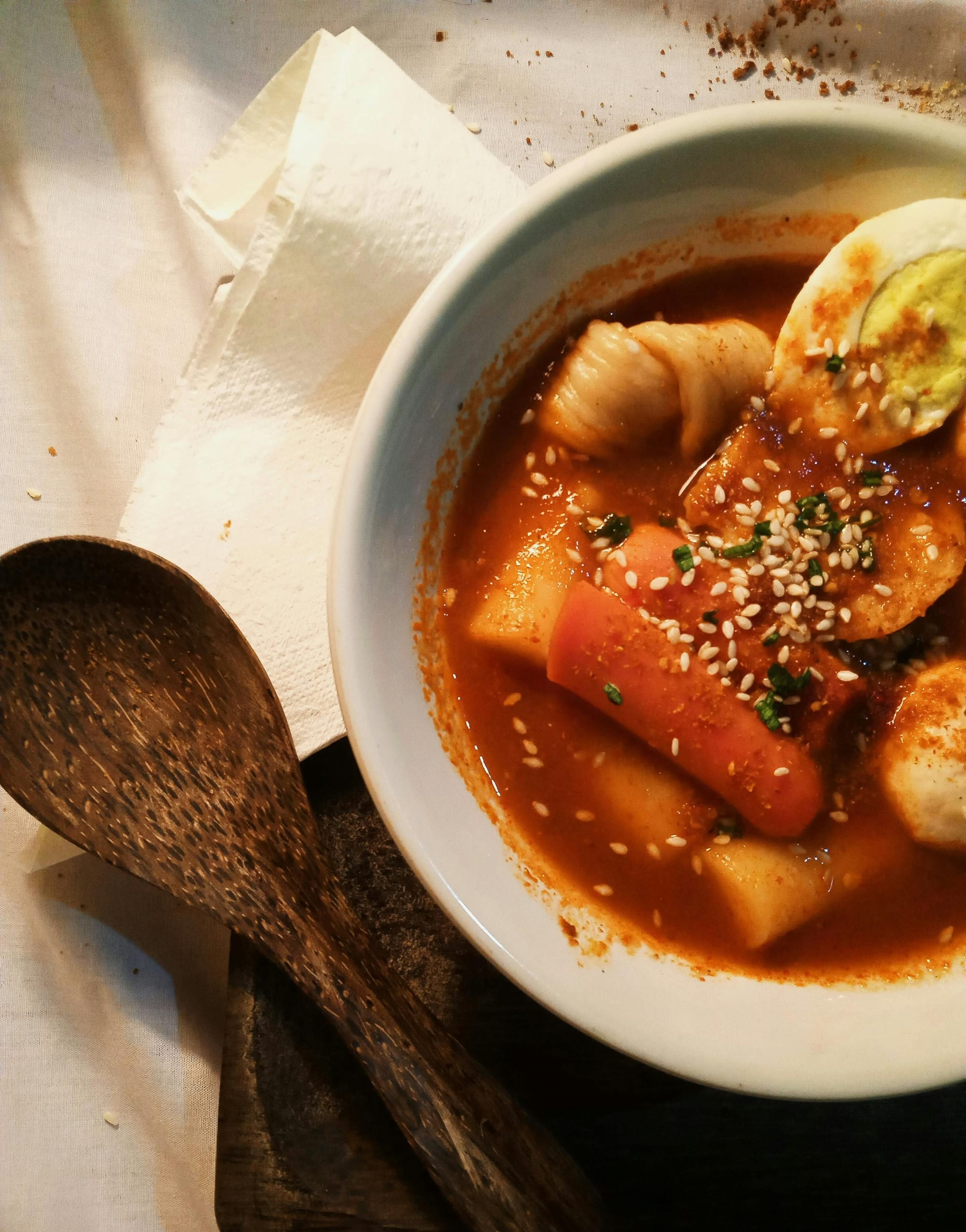7 Korean Words Added to the Oxford English Dictionary – Here’s Why They Matter

Korean culture has been making waves globally for years now, from K-pop and K-dramas to Korean food and traditional arts. As proof of just how influential it has become, the Oxford English Dictionary (OED) recently added seven Korean words to its official lexicon. This recognition isn’t just about language—it reflects how deeply Korean culture has integrated into everyday conversations worldwide.
1. Dalgona (달고나)
If you watched Squid Game, you probably remember the intense scene where contestants had to carefully cut out shapes from a delicate, honeycomb-like candy. That’s dalgona!
Made by melting sugar and adding baking soda, dalgona has been a popular Korean street snack for decades. It became a global sensation after Squid Game, with millions of people trying the "dalgona challenge" at home.

2. Hyung (형)
If you’ve listened to K-pop or watched Korean dramas, you’ve likely heard “hyung” before. It’s a term that younger males use to address an older brother or a close older male friend.
But hyung isn’t just about age—it’s about respect and camaraderie. In Korean culture, relationships have a built-in hierarchy, and terms like hyung reflect that deep-rooted tradition.
Fun fact: BTS members use this term often, with Jungkook (the youngest) calling RM, Jin, and others hyung!
3. Maknae (막내)
Speaking of Jungkook, he’s also known as the maknae of BTS!
Maknae refers to the youngest person in a group—whether in a family, a team, or a group of friends. In K-pop, fans often call the youngest band member "golden maknae" if they’re exceptionally talented. This term has become so popular globally that many international K-pop fans use it even when speaking in English!
4. Jjigae (찌개)
Imagine a steaming bowl of spicy kimchi stew on a cold day—that’s jjigae, one of Korea’s most beloved comfort foods.
Jjigae is a Korean-style stew, usually made with ingredients like tofu, kimchi, seafood, or pork. The most famous versions include:
- Kimchi jjigae (김치찌개) – Spicy stew made with aged kimchi
- Sundubu jjigae (순두부찌개) – Soft tofu stew, often served bubbling hot
- Doenjang jjigae (된장찌개) – A hearty soybean paste stew
If you love Korean food, jjigae is a must-try!

5. Tteokbokki (떡볶이)
One of the most iconic Korean street foods, tteokbokki is made of chewy rice cakes in a sweet, spicy red sauce.
Originally, it was a royal dish, but over time, it became a favorite among students and street food lovers. Whether you like it mild or fiery hot, tteokbokki is a dish that keeps people coming back for more.
And now, thanks to its inclusion in the OED, it’s one step closer to becoming a truly global food!

6. Pansori (판소리)
Korea’s traditional music scene also made it into the dictionary! Pansori is a unique form of musical storytelling, where a singer (called a sorikkun) performs an emotional narrative while accompanied by a drummer.
It’s like a one-person opera, filled with dramatic expressions, soulful singing, and deep cultural history. Recognized by UNESCO as an Intangible Cultural Heritage, pansori is a true gem of Korean tradition.
7. Noraebang (노래방)
Love karaoke? Then you’ve already experienced noraebang—Korea’s version of a private karaoke room!
Unlike Western-style karaoke bars, noraebangs offer individual rooms where you can sing your heart out with friends. They’re everywhere in Korea, from fancy high-end places to casual late-night spots where people go after work.
It’s not just about singing—it’s about having fun, de-stressing, and bonding with friends over music (and sometimes snacks or drinks!).
Why This Matters
These words being added to the Oxford English Dictionary isn’t just a linguistic update—it’s a sign of Korean culture’s global impact. From food and music to everyday slang, Korean words are becoming part of the international vocabulary.
And this is likely just the beginning! As more people embrace Korean culture, we can expect even more Korean words to enter mainstream usage worldwide.
Welcome to Talk To Me In Korean
Talk To Me In Korean is known worldwide for breaking down the language barrier and making Korean easy to learn. Our lessons are designed by experienced teachers who’ve guided countless learners down this same path. We blend solid teaching with a lighthearted approach, so you’ll find yourself having fun while actually making progress.
